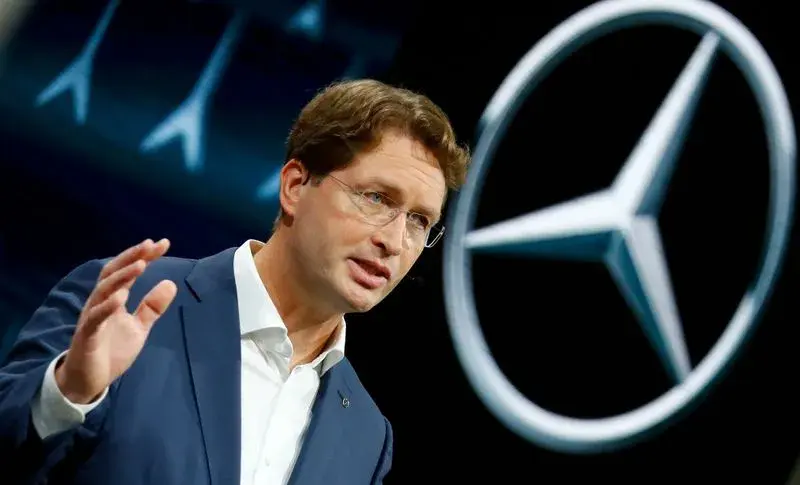Mercedes-Benz urges India to cut high car import tariffs, sparking fresh auto industry policy debates
- birulysandli09
- Sep 19, 2025
- 2 min read

Mercedes-Benz has reignited the debate on India’s high car import tariffs, calling for a review that could reshape the future of the auto industry. The German luxury carmaker has argued that steep duties on imported vehicles are discouraging global brands from bringing their latest models to the Indian market. For a country that is home to one of the fastest growing consumer bases, the tariff barrier remains one of the highest in the world, reaching up to 100 percent in some cases.
The company believes lowering duties could actually help the local market expand. By giving customers access to a wider range of cars at more competitive prices, India could attract greater investment and bring more players into the premium automobile space. For Indian buyers who aspire to own global brands, tariffs often make cars far more expensive compared to other countries. Startups and auto dealers also find themselves limited as the current policy restricts diversity of models they can offer.
Industry experts are divided. On one hand, high import tariffs are seen as a protective shield for domestic manufacturers who are working hard to build scale and jobs within India. On the other hand, critics say the policy also restricts growth and discourages global firms from making long-term commitments. Entrepreneurs in the auto sector argue that a balanced approach could open doors for partnerships, joint ventures, and technology transfer that would benefit the ecosystem in the long run.

The Indian government has often taken a cautious stance, prioritizing its Make in India mission and promoting local production. Global carmakers like Mercedes-Benz argue that lower tariffs would not necessarily harm local manufacturing, but instead stimulate demand and push companies to expand assembly plants inside the country. This would create new jobs while giving consumers more choices, something that the growing middle class has been asking for.
What makes this debate significant is its timing. With electric vehicles and clean mobility gaining momentum, international brands want a bigger slice of the Indian market. If tariffs are eased, startups in EV charging, battery supply, and auto services could see new opportunities to scale. A move like this could attract investments into infrastructure and supply chains, further boosting the growth of entrepreneurship linked to the automobile industry.
For now, the government is weighing its options while the industry continues to lobby. Whether India chooses to maintain the protective wall or open the gates for more competition, the outcome will shape the path of the auto sector for years. Entrepreneurs, consumers, and investors are waiting to see if the call made by Mercedes-Benz will lead to a shift in policy or just spark another round of debate.




Comments